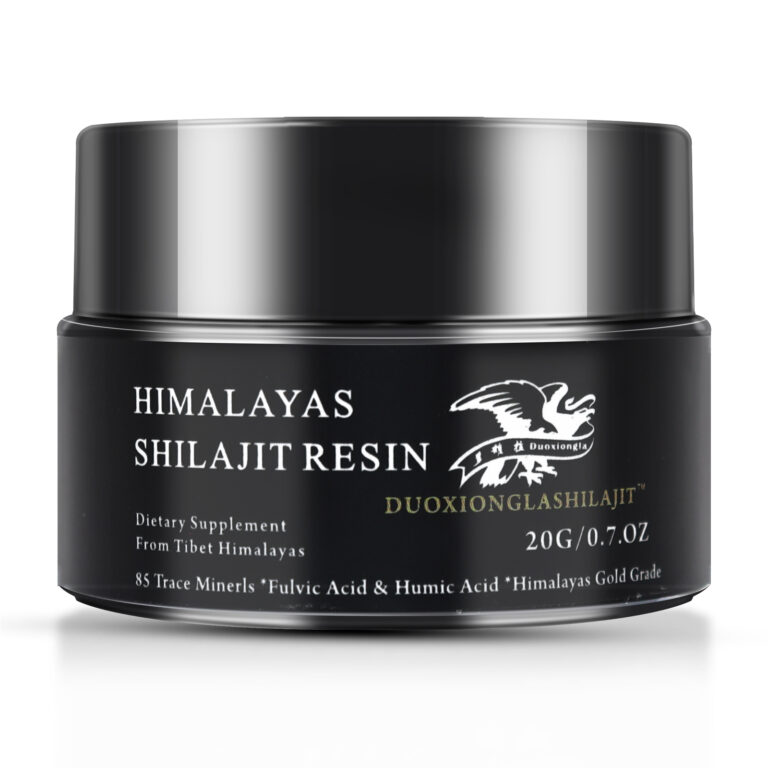Echinacea – The Powerhouse of Health Benefits
For centuries, the healthcare industry has maintained a longstanding fascination with Echinacea, a collection of flowering plants belonging to the daisy family. Used by Native Americans to treat various ailments, this plant is now often used in modern herbal remedies and dietary supplements. While its reputation is well-established, the scientific understanding of Echinacea is still evolving. The objective of this article is to explore further the potential health advantages, applications, and potential adverse effects of Echinacea.
Understanding Echinacea
Echinacea, commonly referred to as the purple coneflower, is indigenous to North America and is renowned for its medicinal attributes. Its aerial parts and roots are harnessed for the production of tablets, tinctures, extracts, and Echinacea teas. Echinacea harbors a diverse array of active compounds, with certain constituents possessing antimicrobial and antiviral characteristics, while others provide multifaceted support to the immune system.
The Antioxidant Power of Echinacea
Echinacea plants are rich in a plethora of plant compounds that act as potent antioxidants. Antioxidants are molecules that play a crucial role in shielding your cells from oxidative stress, a condition associated with chronic diseases like diabetes, heart disease, and various others. Among these antioxidants are flavonoids, cichoric acid, and rosmarinic acid, which are thought to be more abundant in extracts derived from the flowers and roots of plants.
Additionally, Echinacea plants contain active ingredients of alkamides, which can further elevate antioxidant activity. This plant’s antioxidant properties make it a potential aid for a variety of health conditions.
Potential Health Benefits of Echinacea
Echinacea has demonstrated a range of notable health benefits. These include:
- Boosting Immune System: Echinacea is well-known for its beneficial influence on the immune system. It has the potential to bolster your body’s defenses against infections and viruses, potentially contributing to a swifter recuperation from illnesses.
- Lowering Blood Sugar Levels: Elevated blood sugar levels can pose significant health risks, such as the development of conditions like type 2 diabetes and heart disease. There is some research indicating that Echinacea might have the potential to enhance blood sugar control and increase insulin sensitivity.
- Reducing Anxiety: Anxiety is a common problem affecting many people. Certain studies have indicated that the compounds present in Echinacea might have the potential to alleviate sensations of anxiety.
- Anti-inflammatory Properties:Inflammation is an innate mechanism that aids the body in its natural healing and protective functions. However, when inflammation persists, it can lead to chronic diseases and other health problems. Echinacea may help to reduce excess inflammation.
- Skin Health: Echinacea may also have benefits for skin health. Some studies suggest that it can help to improve skin hydration, reduce wrinkles, and even help with conditions like eczema.
- Cancer Protection: Some research suggests that Echinacea may have anti-cancer properties. Nevertheless, additional research is required to substantiate these possible advantages.
How to Use Echinacea
Echinacea can be consumed in several forms, from teas and juices to pills and creams. The dosage recommendations for Echinacea vary based on the form you’re using. It’s always best to follow the instructions that come with your specific supplement. However, keep in mind that long-term use of Echinacea is still under research, and it’s advisable to consult a healthcare professional before starting any supplement regimen.
Side Effects and Precautions
Although Echinacea is typically deemed safe for brief periods of consumption, certain individuals might encounter adverse effects, such as gastrointestinal discomfort and skin rashes. In rare instances, allergic reactions may also occur. Individuals with autoimmune conditions or those who are on immunosuppressive medications should exercise caution and seek medical advice before using Echinacea. Always ensure that you purchase Echinacea products from trusted brands to ensure quality and safety.
Efficacy of Echinacea
The effectiveness of Echinacea in treating various health conditions is subject to ongoing research. While certain research studies propose that Echinacea may potentially diminish the likelihood of upper respiratory tract infections, others fail to identify a substantial impact on the duration of illness. Likewise, while some data indicate that Echinacea could assist in reducing blood sugar levels, there is a scarcity of human-based research to definitively establish its effects on blood sugar.
The Bottom Line
Echinacea, with its potential health benefits and antioxidant properties, can be a valuable addition to your wellness routine. However, it’s important to remember that it’s not a cure-all, and its effectiveness in treating various health conditions is still under research. We are advisable to seek guidance from a healthcare provider prior to initiating any fresh supplement regimen, which includes incorporating Echinacea into your routine.
Through ongoing research and an increased understanding of this plant’s potential benefits, Echinacea continues to pique the interest of healthcare professionals and individuals looking for natural ways to boost their health. As we continue to explore the power of nature in promoting health and wellness, Echinacea stands out as a potent and promising plant with a plethora of potential benefits.




